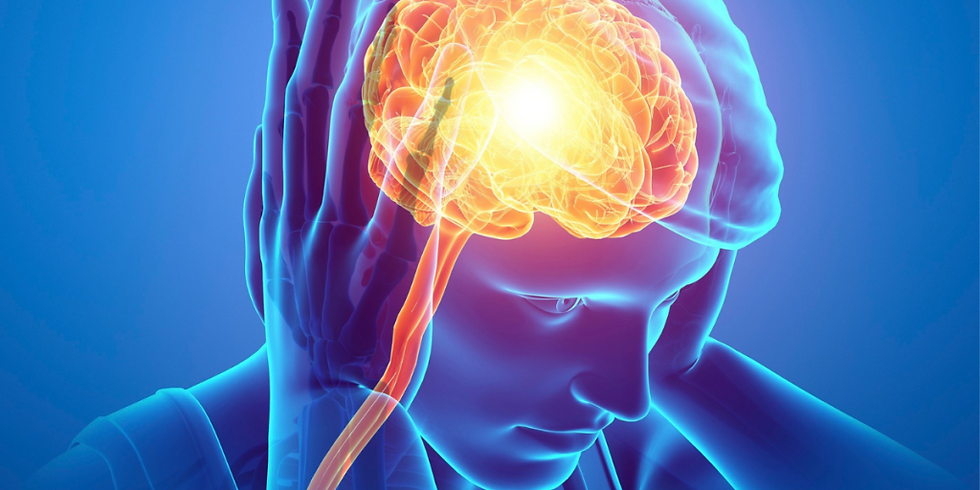The Psychology of Addiction: Mechanisms, Risk Factors, and Treatment
- Elizabeth Adeolu
- May 13, 2024
- 3 min read
Introduction

The phenomena of addiction is intricate and multifaceted, involving psychological, biological, societal, and environmental factors. This write up focuses on the psychological aspect of addiction, with a particular emphasis on risk factors, treatment modalities, and underlying mechanisms. Addiction is compulsive substance or behavior seeking and use/indulgence in spite of negative effects. The psychological components of addiction are just as important as the physiological consequences of addictive substances. A number of psychological elements, including reward processing, impulsivity, cravings, and cognitive biases, have a role in the development and maintenance of addictive behaviors.
The Psychological Mechanisms of Addiction
According to several studies on the psychology of addiction (e.g., Gifford and Humphreys, 2007; Mcmurran, 2006), certain psychological mechanisms are involved in the phenomena of addiction. Five of these are briefly examined below.
Reinforcement: Addiction is reinforced by the brain's reward system, which includes dopamine and other neurotransmitters. Neuroadaptations resulting from repeated exposure to addictive substances or behaviors reinforce the link between the substance or behavior and its pleasurable effects, hence encouraging continuing use.
Cravings and Withdrawal: An essential feature of addiction is cravings, which are strong desires to partake in addictive behaviors. Physical and psychological withdrawal symptoms encourage people to take substances in an attempt to find relief, which further reinforces the addiction cycle.
Trigger Reactivity: Even after extended periods of abstinence, environmental signals connected to substance use or addictive behaviors can cause strong desires and cause relapse. These cues or triggers cause strong desires to engage in the addictive behavior by activating brain areas related to memory, emotion, and reward processing.
Impulsiveness and Compulsiveness: Addicts frequently struggle with impulse control and make poor decisions, putting short-term gains ahead of long-term effects. Drug addiction becomes engrained and is motivated by a strong need to find pleasure or escape unpleasant feelings.
Cognitive Biases: Addictive behaviors are sustained by information processing biases, such as memory distortions about the benefits of substance use and attentional bias towards substance-related signals. These prejudices reinforce ideas about the advantages of continuing substance use while downplaying the awareness of its drawbacks, which helps to maintain addiction.
The Risk Factors for Addiction
A number of factors, such as a person's genetic predisposition, early experiences, co-occurring mental health issues, trauma, and environmental influences, increase the likelihood of developing addiction. Genetic and environmental variables interact with psychological vulnerabilities like impulsivity, sensation seeking, low self-esteem, and difficulties regulating emotions to affect an individual's propensity to addiction.
The Methods of Treating Addiction
A comprehensive approach that addresses the psychological and biological elements of addiction is necessary for the effective treatment of addiction. Behavioral therapies, which include motivational interviewing, contingency management, and cognitive-behavioral therapy (CBT), focus on the maladaptive behaviors, ideas, and coping mechanisms linked to addiction. Medications for alcohol, nicotine, and opioid dependency are examples of pharmacological therapies that can aid with withdrawal symptoms, craving reduction, and brain function stabilization. Long-term rehabilitation also requires holistic approaches that address lifestyle variables, social support, and co-occurring mental health concerns.
Conclusion
Understanding the psychology of addiction is essential to creating focused interventions that deal with the fundamental causes of addictive behaviors. The burden of addiction on individuals, families, and communities can be lessened by treating psychological vulnerabilities, changing cognitive and behavioral habits, and offering comprehensive support to those who are struggling with addiction.
References
Gifford, E., & Humphreys, K. (2007). The psychological science of addiction. Addiction, 102(3), 352–361. https://doi.org/10.1111/j.1360-0443.2006.01706.x
Mcmurran, M. (2006). The psychology of addiction. Taylor & Francis. Assessed and Endorsed by the MedReport Medical Review Board






